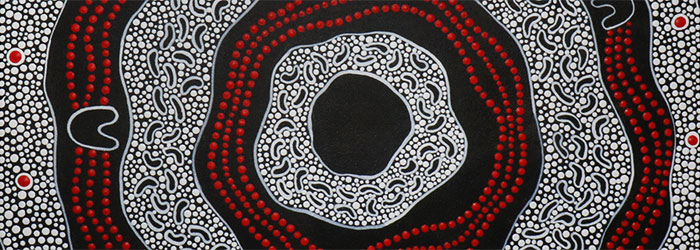Aboriginal and Torres Islander Significant Dates
These dates are significant to the local Aboriginal and Torres Strait Islander community and form part of the annual calendar. By sharing these dates council hopes to increase knowledge, respect and appreciation.
March 15 - National Close the Gap Day
The day gives people the opportunity to show their support for closing the life expectancy gap between Aboriginal and Torres Strait Islander people and other Australians. It is a chance for organisations and communities to hold events and raise awareness of the Indigenous health crisis.
For more information visit the National Close the Gap Day.
May 26 - National Sorry Day
National Sorry Day offers the community the opportunity to acknowledge the impact of the policies spanning more than 150 years of forcible removal of Aboriginal and Torres Strait Islander children from their families. The first National Sorry Day was held on 26 May 1998 following the Human Rights and Equal Opportunity Commission report, Bringing Them Home: The 'Stolen Children' report (1997) which recommended that a national day of observance be declared.
For more information visit www.reconciliation.org.au/national-sorry-day-an-important-part-of-healing
May 27 to June 3 - National Reconciliation Week
Each year, National Reconciliation Week celebrates the rich culture and history of the first Australians. The week provides an opportunity to reflect on achievements so far and the things which must still be done to achieve reconciliation.
For more information visit the National Reconciliation Week.
June 3 - Mabo Day
Mabo Day marks the anniversary of the High Court of Australia's judgement in 1992 in the Mabo case. This is a day of particular significance for Torres Strait Islander Australians.
For more information visit the Mabo - The Native Title Revolution ( http://www.mabonativetitle.com/home.shtml ) website.
July 1 - Coming of the Light Festival
The Coming of the Light festival marks the day London Missionary Society first arrived in the Torres Strait. The missionaries landed at Erub Island on 1 July 1871, introducing Christianity to the region.
For more information visit The Torres Strait ( http://www.tsra.gov.au/the-torres-strait ).
July 8-15 - National NAIDOC Week
NAIDOC celebrations are held around Australia to celebrate the history, culture and achievements of Aboriginal and Torres Strait Islander people.
The week is celebrated not just within the Indigenous community, but also increasingly in government agencies, schools, local councils and workplaces.
Wherever you live, taking part in NAIDOC Week is a great way to celebrate Aboriginal and Torres Strait Islander cultures and to build bridges between all Australians.
For more information visit the National NAIDOC Week.
August 4 - National Aboriginal and Torres Strait Islander Children's Day
National Aboriginal and Torres Strait Islander Children’s Day was established by the Secretariat of National Aboriginal and Islander Child Care (SNAICC) in 1988. Each year, SNAICC has a theme for Children's Dat to highlight a significant issue, concern or hope for Aboriginal and Torres Strait Islander children.
For more information visit the SNAICC website.
